di Giulio Chinappi
Giulio Chinappi critiques Western perceptions of terrorism, highlighting hypocrisy in U.S. actions. He questions U.S. authority in labeling “state sponsors of terrorism” and accuses the U.S. of supporting terrorism worldwide. He finally condemns the U.S.’s double standards, asserting its complicity in global destabilization.
Good morning,
My name is Giulio Chinappi, and I am the founder of a website called World Politics Blog which analyzes the main topics of world politics from a non-aligned perspective. First of all, I would like to thank the organizers of this event for inviting me and giving me the opportunity to talk about this very interesting topic. In particular, I would like to address the wrong perception Western people have of terrorism and the hypocrisy and double standard that Western countries, in particular the United States of America, use as a means of political propaganda.
On Western media, we often hear people talking about terrorism. However, a clear definition of terrorism is never given, and this word is usually applied to those countries or organizations that challenge the Western-led world order. According to Edward Herman, the definition of terrorism is not clear because “the powerful define terrorism,” and they define terrorism in order to exclude their own acts from the definition of terrorism. What is interesting, is that Herman wrote the article I am quoting in 1987, but his analysis seems to still be valid today.
In particular, when we talk about the power to define terrorism, we should talk about the United States of America. As you may know, since 1979 the US government has claimed the right to draw up a list of “States sponsors of terrorism.” The fact that a single country assumes the power to decide whether other countries are “sponsors of terrorism” should already be condemned, as this right should only belong to a multilateral organization such as the UN. Indeed, the United States does not have neither the moral nor the legal authority to do so.
Furthermore, the criteria for inclusion on the U.S. list are often vague and subjective, leaving room for political manipulation and selective targeting. This means that some nations may find themselves branded as state sponsors of terrorism on the basis of geopolitical agendas and strategic interests, not on concrete evidence.
At the moment, the afore-mentioned list includes four countries, namely Syria, Cuba, Iran and the People’s Democratic Republic of Korea, better known as North Korea. This shows how the US government only includes in the list those countries that oppose their hegemonic project, unfairly accusing them in order to advance certain geopolitical objectives. Indeed, the list has no credibility at all when we consider the points we have exposed.
Moreover, the U.S. list fails to hold the actual states sponsors of terrorism accountable. There are glaring omissions, with certain nations escaping scrutiny despite their documented support for extremist groups. Indeed, if the list was more objective, this should include some close Washington allies, such as Israel, not to mention the United States of America itself, which should be considered as the main sponsor of world terrorism.
While condemning other nations for their alleged support of terrorism, the United States has itself been implicated in sponsoring international terrorism through its military interventions, drone strikes, and support for proxy forces. This glaring double standard undermines the moral authority of the United States and diminishes its credibility as a self-proclaimed leader in the global fight against terrorism.
Again Edward Herman, in 1987, clearly stated that the United States is indeed a sponsor of international terrorism. Not only the United States is a sponsor of international terrorism, but it happens that those countries that they include in their own illegitimate list are among the main victims of the US-sponsored terrorism. Cuba, for example, can be considered as the country that has suffered the greatest number of US-sponsored terrorist attacks in the past six decades. Andrew Bacevich, Professor of International Relations and History at Boston University, has stated that “in its determination to destroy the Cuban Revolution, the Kennedy administration […] embarked upon what was, in effect, a program of state-sponsored terrorism.”
The United States has provided extensive lethal and non-lethal aid to many Syrian militant groups fighting against the Syrian legitimate government, which is why the Syrian government has directly accused the United States of sponsoring terrorism in Syria. Research found that external support for anti-Assad Syrian rebels “significantly augmented the quantity and quality of weapons available to [ISIS] forces,” including “anti-tank weapons purchased by the United States that ended up in possession of the Islamic State within two months of leaving the factory.“
These are not isolated cases, as the United States have supported a large number of terrorist organizations all over the world, in order to attack those countries that do not accept their hegemonic project. We should not forget the US implications in many tragedies all over the world, and the support they offered to the Colombian paramilitary group, to the Nicaraguan Contras, to the Kosovo Liberation Army, to MEK in Iran and to other terrorist organizations all over the world.
The US have conducted terrorist action in Italy as well, during the so-called Years of Lead, a period of socio-political turmoil in Italy that lasted from the late 1960s into the early 1980s. According to General Gianadelio Maletti, US intelligence services instigated and sponsored right-wing terrorism in Italy during the 1970s as part of the strategy of tension. According to the investigation of Italian judge Guido Salvini, the neo-fascist organizations involved in the strategy of tension, “La Fenice, Avanguardia nazionale, Ordine nuovo” were the “troops” of “clandestine armed forces,” directed by components of the “state apparatus related to the CIA.” Guido Salvini said that “the role of the Americans was ambiguous, halfway between knowing and not preventing and actually inducing people to commit atrocities.“
In conclusion, the hypocrisy and double standards employed by the United States in the matter of terrorism are glaring and deeply troubling. While the U.S. government denounces and penalizes other nations for their alleged sponsorship of terrorism, it simultaneously engages in actions that perpetuate violence, destabilization, and human suffering in various parts of the world.
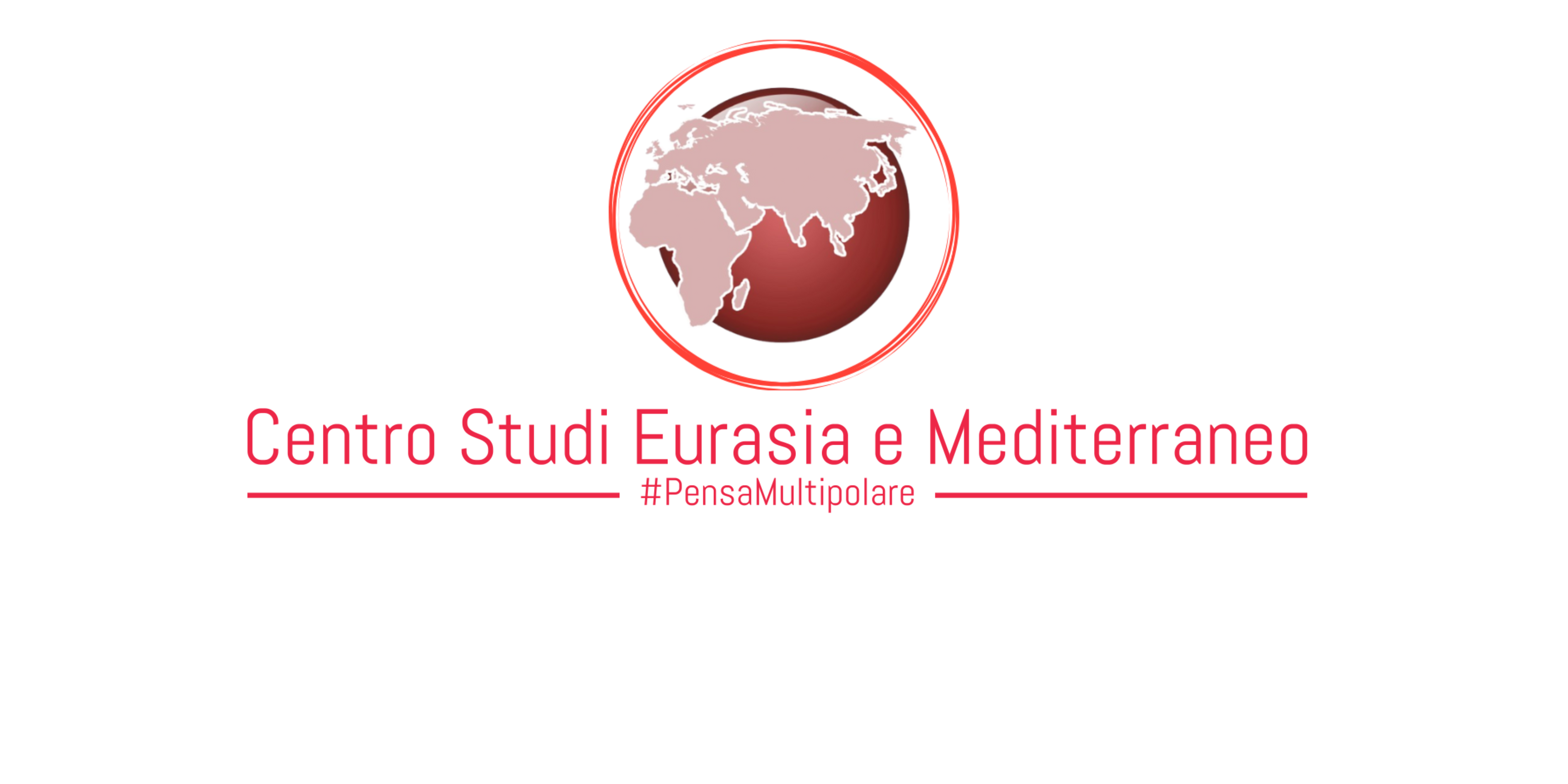



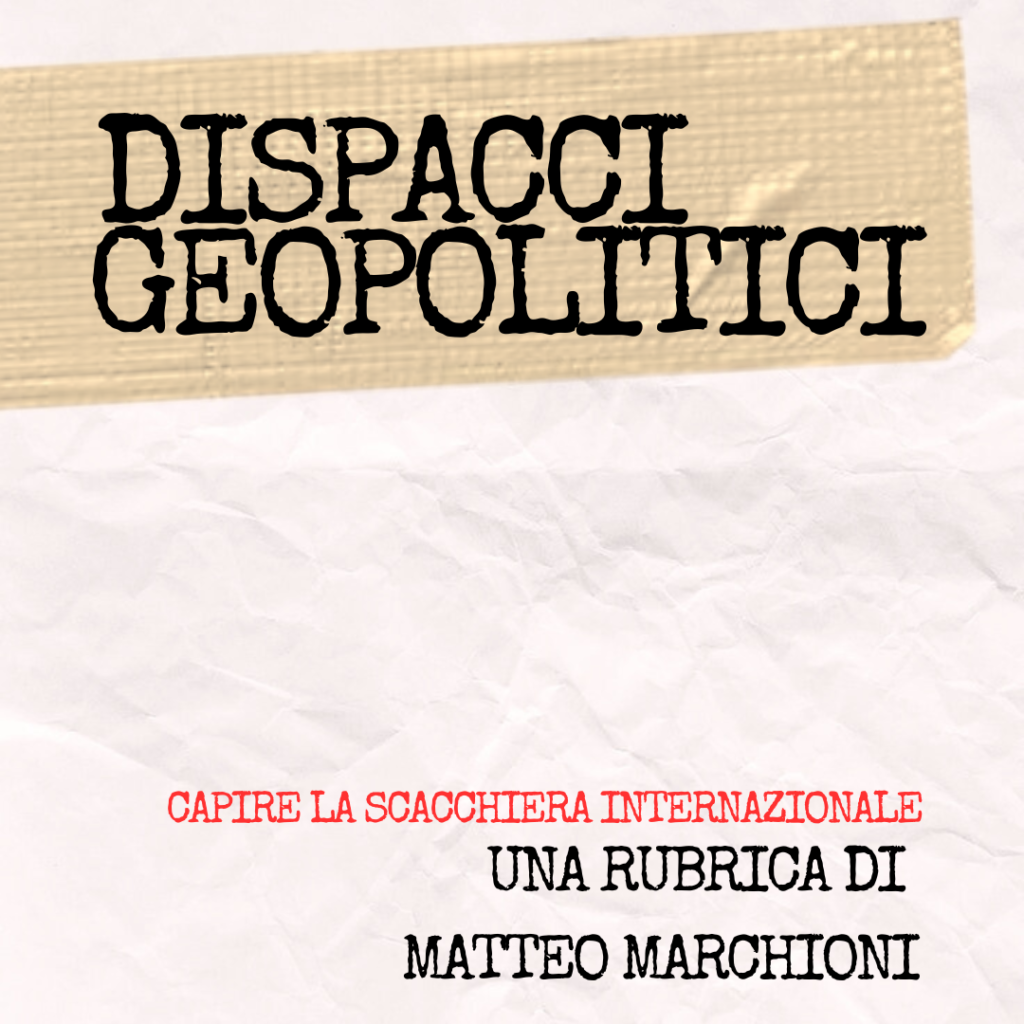
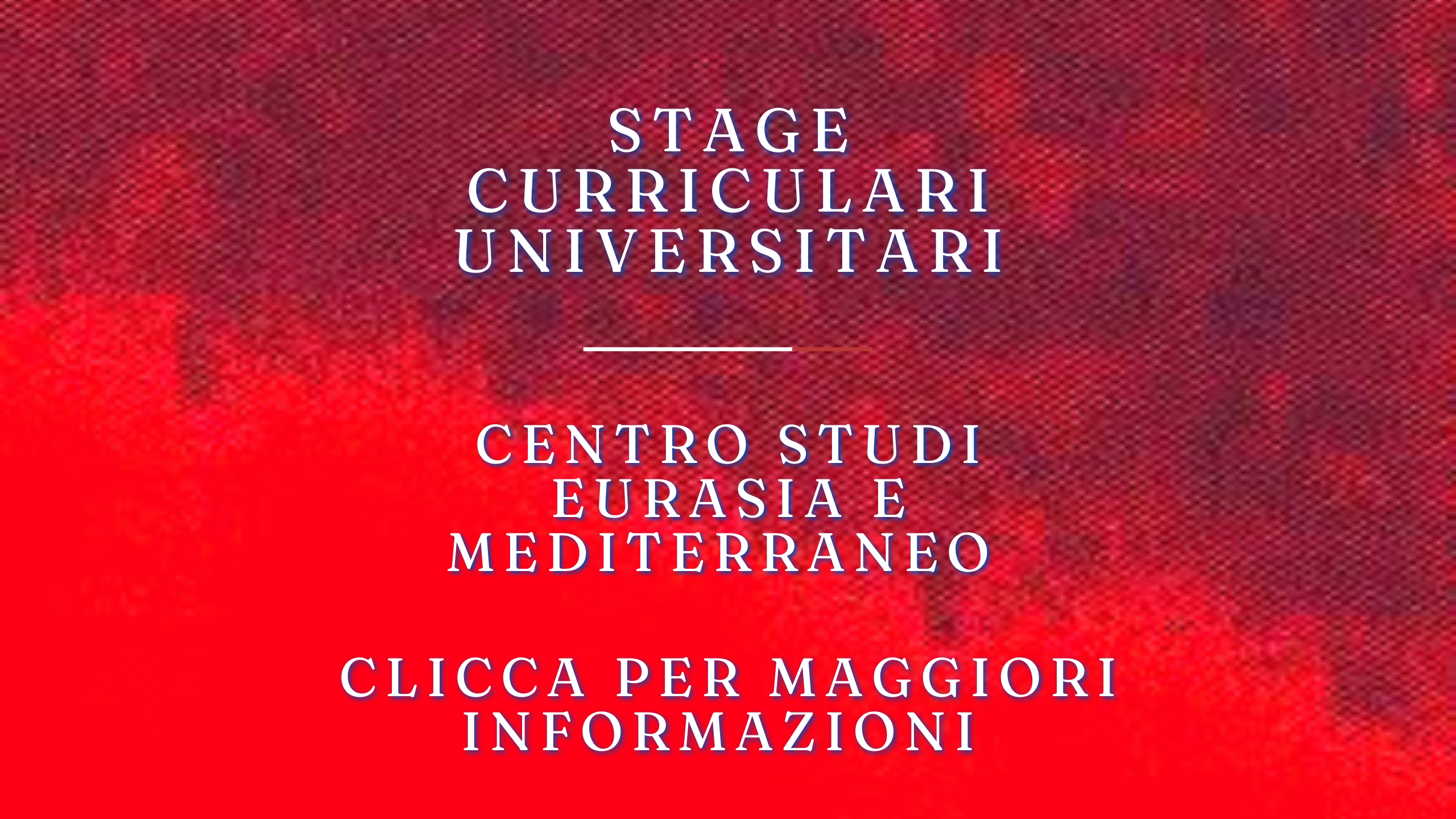

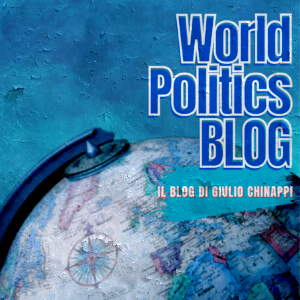




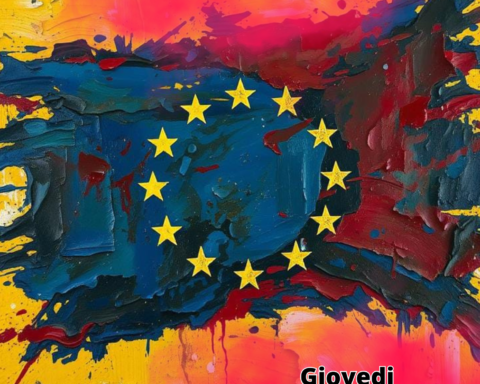
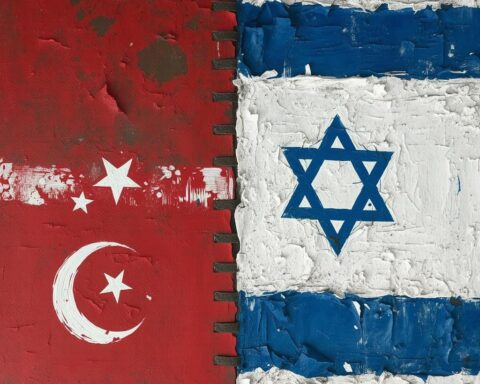
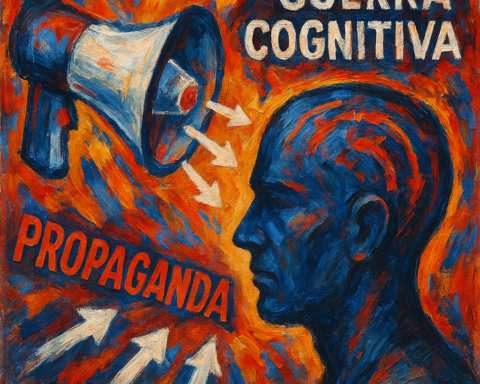



Il CeSE-M sui social